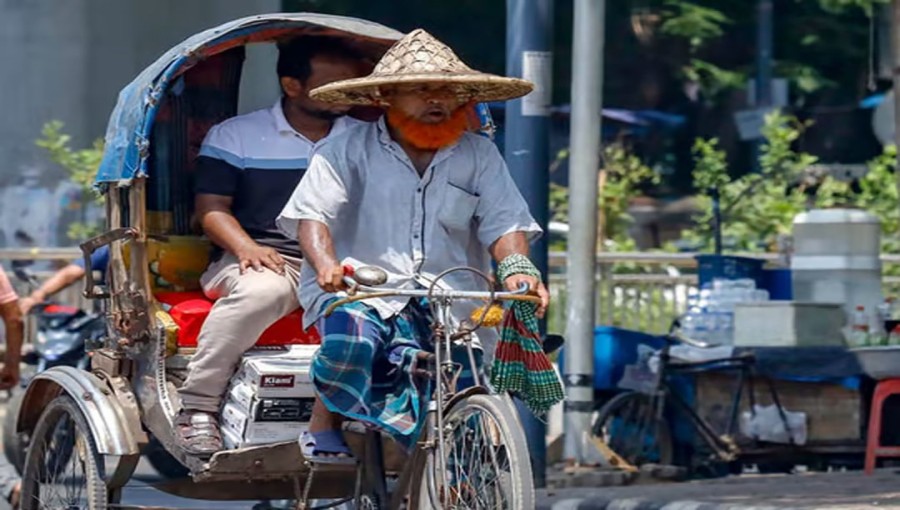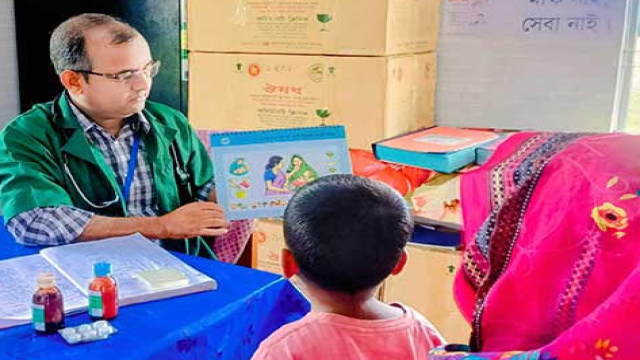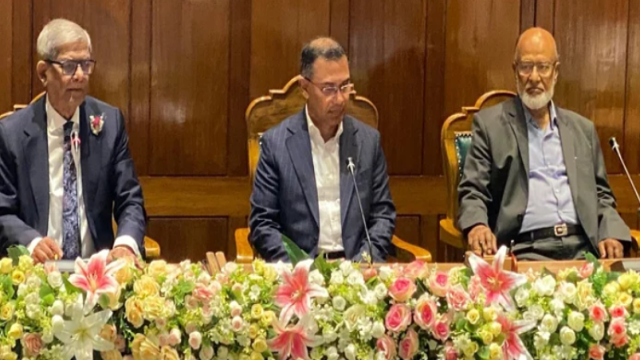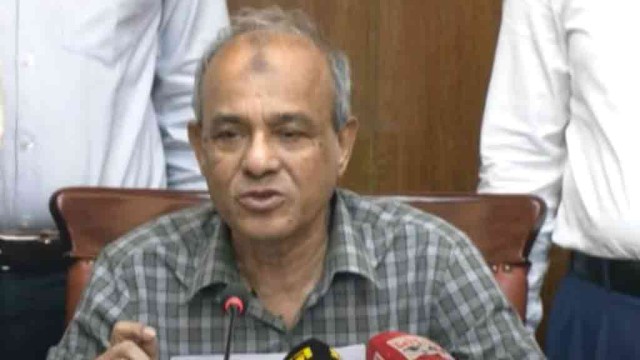The maximum temperature across Bangladesh has begun to decrease by an average of one to two degrees Celsius, as reported by the Meteorological Office. Forecasts suggest a further dip in temperature starting from May 5, coinciding with anticipated rainfall across most regions of the country.
Meteorologist Md Omar Faruq from the Bangladesh Meteorological Department (BMD) highlighted this temperature trend, indicating a likelihood of rainfall commencing from May 5. According to him, heavy to very heavy downpours are expected over the next three to four days, providing relief from the intense heat experienced since April 1.
Areas in Khulna and Rajshahi divisions have endured a severe heatwave, with temperatures soaring above 40 degrees Celsius since April 1. However, forecasts suggest imminent rains in various parts of these divisions, offering respite from the scorching heat.
Dr. Abul Kalam Mallik, another meteorologist from the BMD, forecasts heavy to very heavy rainfall in northeastern and central regions, including Sylhet division, as well as parts of Mymensingh and Dhaka divisions starting from May 2.
High humidity levels exacerbate discomfort during the hot afternoons and evenings, prompting recommendations to minimize outdoor activities between 12 noon and 4 pm. Mallik emphasized the relationship between temperature and humidity, stating that while temperatures may decrease after 4 pm, high humidity levels persist, contributing to the perception of hot weather.
Recent temperature recordings indicate 41.7 degrees Celsius in Chuadanga, the highest temperature recorded this year, with Dhaka experiencing 37.9 degrees Celsius. Despite lower temperatures, high humidity levels have led to considerable discomfort among residents.
The BMD has reported the longest heatwave in the past 30 days since April 1, with forecasts indicating its continuation throughout the coming month. Experts attribute this prolonged heatwave to climate change, noting its adverse impact on weather patterns.
Healthcare facilities have witnessed a surge in patients seeking treatment for heat-related ailments since the onset of April. Hospitals across the country have been inundated with cases of heatstroke, dehydration, and respiratory problems, particularly among children and the elderly.
Authorities have issued directives to healthcare facilities to enhance emergency services, while doctors advise individuals to stay indoors, wear appropriate clothing, and stay hydrated to mitigate the effects of the heatwave.































Comment: